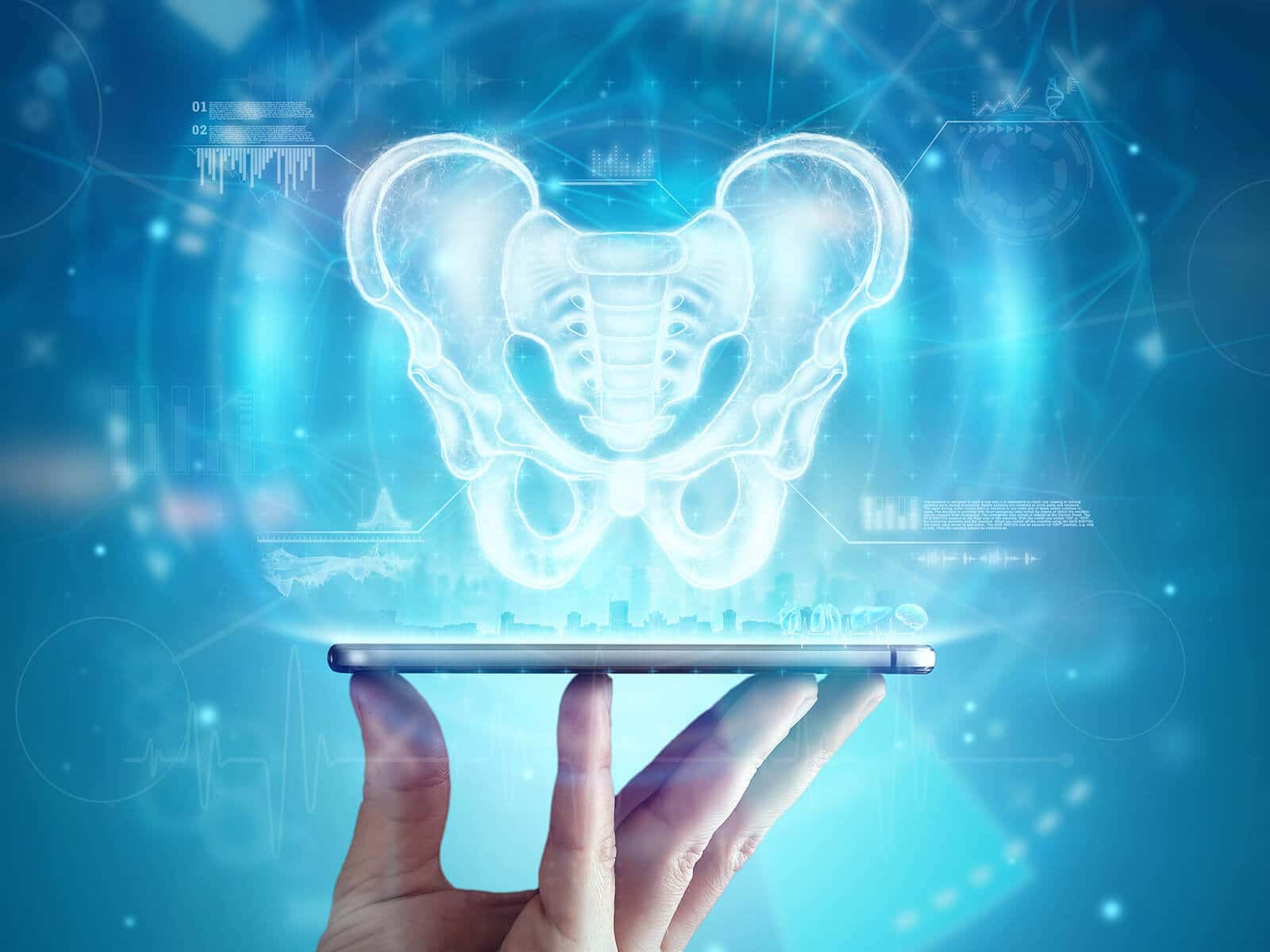
Pancreatitis is inflammation of the pancreas, a small gland located behind your stomach that helps digest food and regulate blood sugar. It can present suddenly (acute pancreatitis) or develop over time into a persistent condition (chronic pancreatitis), potentially causing lasting damage.
Symptoms often include:
Several factors can trigger pancreatitis:
With a focus on patient-centered care and comprehensive digestive health solutions, GastroDoxs provides expert diagnostics and effective treatment for chronic pancreatitis and related pancreatic disorders. Our board-certified specialist in Cypress offers personalized plans-from advanced imaging and enzyme therapy to nutritional guidance and minimally invasive procedures. We're committed to compassionate support, clear communication, and long-term relief. Schedule your in-person or virtual appointment today and take control of your digestive health.
We've successfully treated more than 1K patients, helping individuals improve their digestive health and overall well-being through expert, personalized care.
With over 20 years of experience, GastroDoxs has been a trusted provider of gastroenterology care, focusing on delivering the best outcomes for patients
Chronic pancreatitis is long-lasting inflammation of the pancreas that leads to scarring, reduced enzyme production for digestion, and impaired insulin secretion.
Diagnosis typically involves blood tests, stool studies, imaging (CT scan or MRI), and sometimes endoscopic procedures such as ERCP or EUS to evaluate pancreatic structure and function.
The ICD-10 code for acute on chronic pancreatitis is K86.11.
Acute pancreatitis is a sudden, short-term inflammation often resolving with treatment, whereas chronic pancreatitis is a progressive, long-term condition that causes permanent pancreatic damage.
There is no cure for chronic pancreatitis, but treatments-such as pain management, enzyme replacement, and dietary changes-can control symptoms and improve quality of life.
With proper medical care, most people live well. If left untreated, chronic pancreatitis can lead to serious complications like diabetes, malnutrition, and pancreatic insufficiency.
End-stage signs include persistent severe abdominal pain, steatorrhea (oily stools), unintentional weight loss, brittle diabetes, and significant malabsorption of nutrients.
Treatment may include non-addictive pain relief, pancreatic enzyme supplements, a low-fat diet in small frequent meals, endoscopic or surgical procedures to relieve ductal blockages, and diabetes management.
The ICD-10 code for alcohol-related chronic pancreatitis is K86.0.
Call GastroDoxs in Cypress to schedule an in-person or virtual visit with our board-certified gastroenterologist.